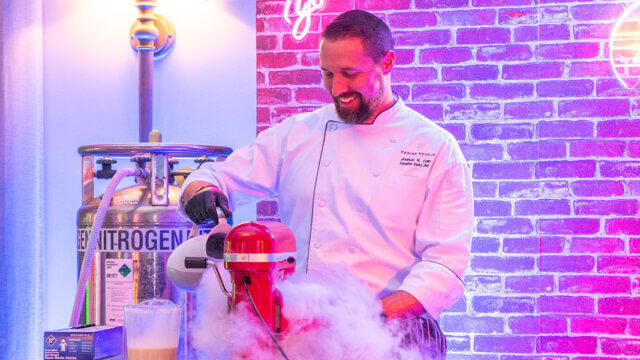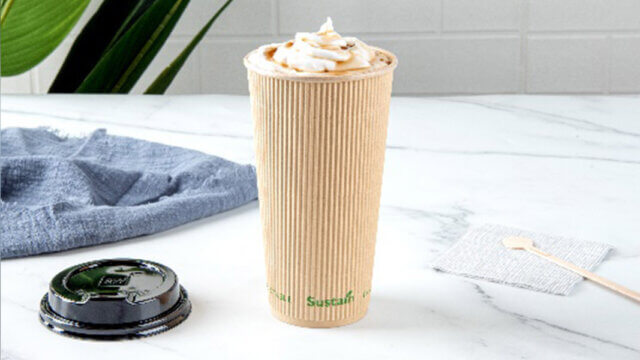Hotels and casinos are ordering significantly more fresh and sustainable food items compared to a year ago, according to data from Source1 Purchasing, a purchasing technology and consulting company serving the lodging and hospitality sector.
The company looked at more than $120 million in purchases from more than 4,000 hotels and casinos in June of this year and compared them with June 2021.
Source1 found that fresh produce orders were up 31.58% year-over-year (YOY), while frozen food items were down 5.06%. In particular, frozen breakfast items were down 26.67%.
“As more hotels are increasing room rates and generally shifting their views on F&B from a loss leader to a potential revenue source, quality of product is being examined very closely,” said Sarah Davie, president, Source1 Purchasing. “While frozen produce does not compromise the health benefits, there is a significant increase in quality and texture when displaying and serving fresh produce. Another reason for the shift from frozen to fresh is the hotel operator can promote a farm-to-table story that is attractive to younger guests, along with promoting that they buy their product locally to support local business.”
With sustainability top of mind for many guests, these properties have also been purchasing items that are less harmful to the environment and animals. Source1 found that the percentage of locations ordering cage-free eggs was up 151% from June 2021 to June of this year.
On the increasing demand of cage-free eggs, Davie said, “Simply put, more guests are demanding it. Either for health or humane reasons, a growing segment of the population wants these kinds of food options when they travel. Hotels and casinos that choose cage-free eggs have the opportunity to promote that to their guests. Also, we’ve noticed a trend of more hotels charging for their breakfast vs. giving it away. This leads to guests demanding a higher quality product even if the product costs a bit more for the hotel operator to purchase.”
She said the move to more healthy food products is nothing new.
“Change in food habits is something that is continuing to be seen across all food service segments, with sales of plant-based products increasing substantially each year,” said Davie. “In the hotel space, coffee is usually one of the largest categories of expenditures, and a lot of hotel operators are noticing a shift from dairy products to alternative milk products like oat milk, almond milk and soy milk. Hoteliers must keep track of these trends to service the appropriate products to meet their guests’ demands. Flexibility in menus is a huge opportunity as well to help address the shift in food habits with guests gravitating towards seasonal options and LTOs (limited-time offers) across their food and beverage outlets.”
Hotels and casinos are also ordering eco-friendly food packaging products, as foam container orders were down 8.29% YOY and sustainable container orders were up 10.04% YOY.
“Many states and cities are banning Styrofoam containers or intend to in the near future,” said Davie. “At the same time, we are noticing more guests taking their food on the go, either on the road or back to their room to avoid large crowds of people. As more of the population becomes educated on sustainability and the planet’s future, these products are increasingly frowned upon. Additionally, technology is being developed by some manufacturers, to compete with foam at affordable prices. For example, our partners at Anchor have developed Crisp Food Technology containers designed to keep fried foods crispy for 30 minutes after it has been packed up to go.”
Davie pointed to other innovations in the F&B space that meet the needs of today’s guests.
“Craft mocktails are certainly one new byproduct trend from the wellness revolution,” she said. “Hotels are also embracing technology to enhance the guest experience. For example, Grubhub is working with casinos and other large properties to allow food to be delivered to a guest at their exact location on the property: not just to the front door or to their room. We have also seen some casinos that are moving away from the traditional buffet and using the space to add recognizable franchises instead as a way of encouraging a wider range of guests to have their meals on-site.”




